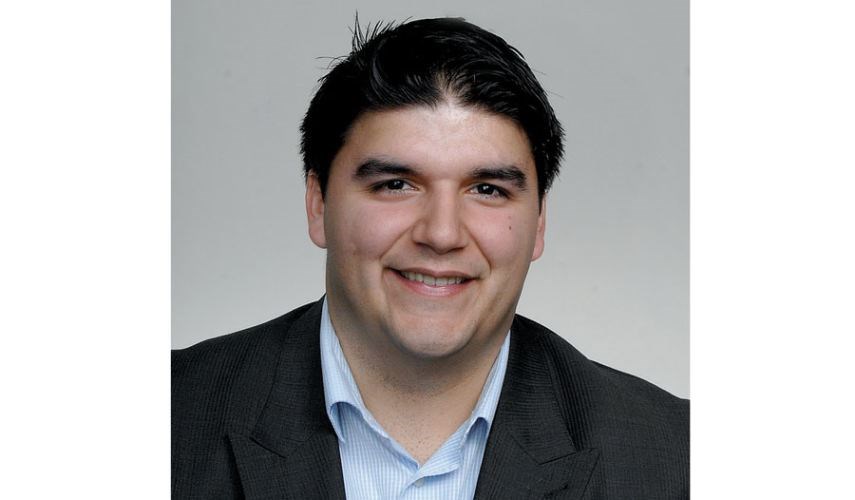Equalization is a touchy topic in this country, particularly west of the Red River. And while many of us have heard the term, before I weigh in I have decided to quote the vital constitutional section regarding this issue verbatim so that all of us can have the same terms of reference.
The Canada Act of 1982 reads as follows: Section 36: 1)...[caveats and preamble]... Parliament and the legislatures, together with the government of Canada and the provincial governments, are committed to (a) promoting equal opportunities for the well-being of Canadians; (b) furthering economic development to reduce disparity in opportunities; and (c) providing essential public services of reasonable quality to all Canadians.
(2) Parliament and the government of Canada are committed to the principle of making equalization payments to ensure that provincial governments have sufficient revenues to provide reasonably comparable levels of public services at reasonably comparable levels of taxation.
While my lack of sympathy and respect for our sad excuse of a constitution are well known, I must admit that Section 36 is better worded than most of said document.
Clearly, the authors wanted to guarantee that Canada would be an equitable place for all citizens, which is a noble goal and in line with the national ethos of a charitable people in a harsh environment.
However, the question remains that in a document that guarantees wealth transfer but not property rights, are we not setting ourselves up for failure economically, nationally and politically? In so many words, is it really fair to hold me to the constitutional command of being "my brother's keeper" when I myself have less than what I need to sustain myself?
The order of what's written sheds some light on this question, as "furthering economic development" is stated before both "providing essential public services" and "making equalization payments."
That might not sound like much to go on, but how else is one to understand a constitutional document's priorities if not by the order in which they are written?
If we allow this simple and obvious inference, then the issue of equalization becomes much clearer, as the authors of the constitution implicitly, subconsciously, or, even begrudgingly, understood that public dollars only exist when economic opportunities exist to create tax revenue.
And that premise brings us to an inescapable conundrum that might well end up before the Supreme Court if the oil crash continues long enough for Alberta to effectively support Quebec with the little money it currently has and needs to help itself: if even the constitution acknowledges the interdependency of economic development and wealth transfer, can those provinces who no longer have the money to support their weaker siblings be forced to continue paying?
Further questions will follow this one, such as does the current crash in commodity prices not in fact call for a equalization fiscal stress test in regards to "reasonably comparable levels of taxation" as revenues drop?
Perhaps most explosive of all would be a constitutional challenge that combines the issues I've raised here with the fact that no one but the federal government has the right to regulate interprovincial trade, as the British North America Act clearly states.
Of course all of this clearly points to the other controversial topic of the day, namely the Canada East pipeline.
The project would in fact create thousands of jobs during construction, help diversify our markets, and even open up the possibility of refining and consuming our own oil in Atlantic Canada, instead of importing oil from places where workers don't have rights.
And it would provide revenue to the government to continue equalization payments as warranted.
In short, the federal government has a choice to make, as equalization and economic development are clearly two sides of the same coin according to the constitution itself. Either, Ottawa can fight for development that will pay dollars into equalization, or it can continue to allow those dependent on said revenues to block development while still demanding payment, all the while shouting about the spurious notion of "social license."
To be perfectly candid, if the Trudeau Liberals opt for the latter, I won't hesitate to compile dirt and water into a bucket, and send it on to Langevin block, care of our trusty Canada Post.
And upon an unpaid, overworked intern receiving said package, it is my hope that the attached letter would find its way up through the floors of power until it reached the PM's desk, where he or an assistant could read aloud its single line: here are the bricks you ordered - minus the straw.



